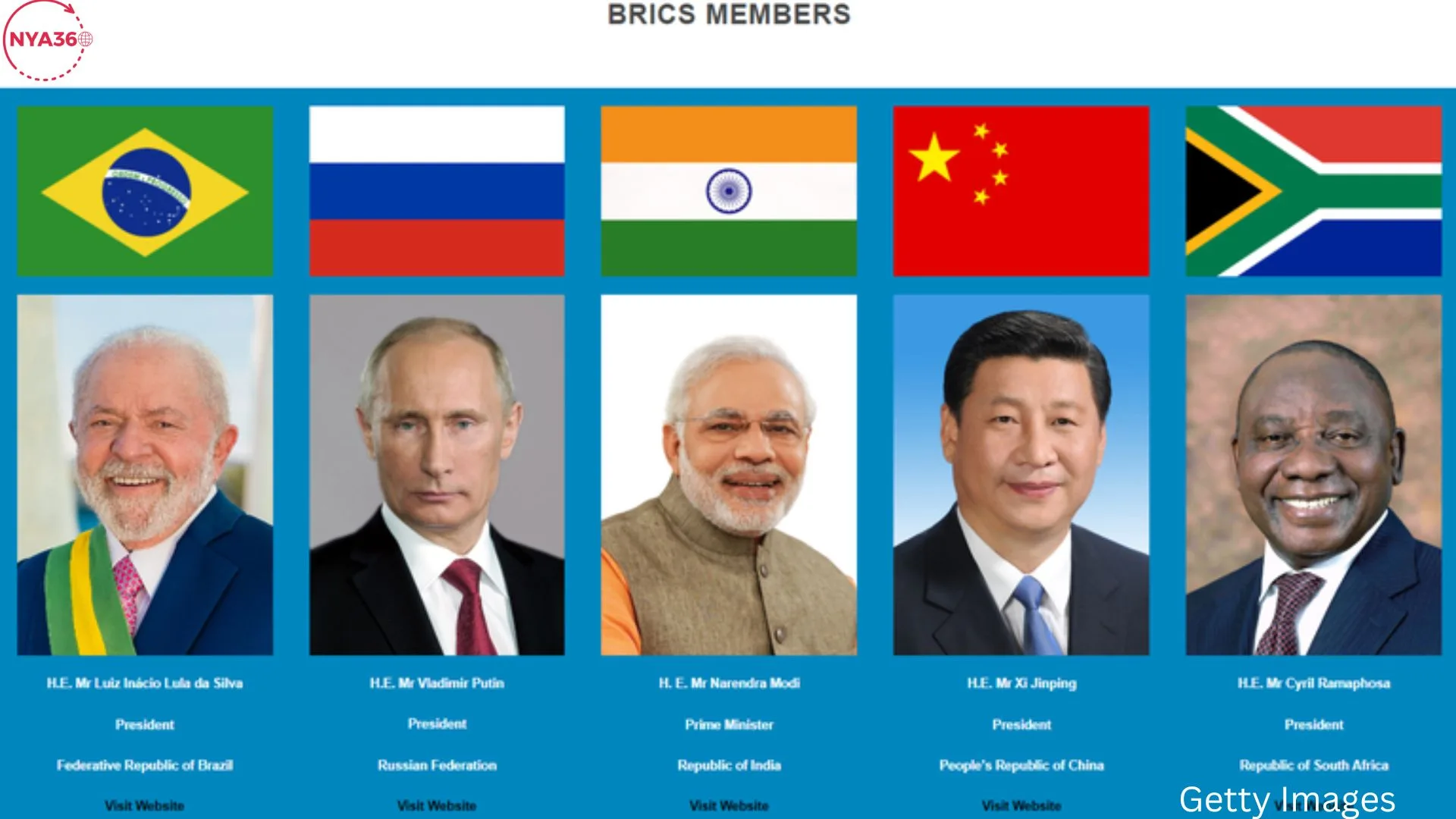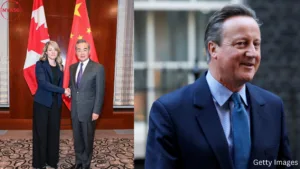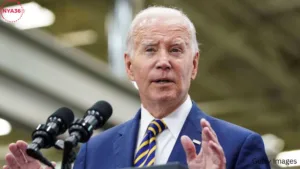The inclusion of Egypt, Ethiopia, Iran, Saudi Arabia, and the United Arab Emirates (UAE) in the BRICS (Brazil, Russia, India, China, South Africa) alliance signifies a noteworthy transformation in global geopolitics and economic collaboration. This advancement transforms BRICS from a localized economic coalition into a broader alliance, with the ability to impact worldwide trade, politics, and alliances.
Geopolitical Implications: Interactions and consequences of power dynamics within a certain region: The incorporation of Middle Eastern countries (Iran, Saudi Arabia, UAE, and Egypt) demonstrates BRICS’ aspiration to expand its sphere of influence beyond its existing member regions. These expansions enhance the bloc’s influence in a region that is vital for oil resources and geopolitical interests.
Economic Collaboration: The addition of these new members enhances the diversity of the BRICS coalition, which has the potential to facilitate trade and investment across several continents. Saudi Arabia and the United Arab Emirates, in particular, possess considerable economic influence as a result of their huge oil reserves and well-established financial centers.
Economic Significance: Market Expansion: The inclusion of these new states has the potential to substantially enhance the combined Gross Domestic Product (GDP) of the BRICS grouping. It expands the market and provides opportunities for diversifying commerce, particularly in sectors such as energy, infrastructure, and technology.
infrastructural and Investment: This expansion may also result in heightened investment in infrastructural developments, technical advancement, and industrial growth throughout member nations.
Obstacles and Factors to Take into Account:
Varied Interests: Incorporating these nations may provide complications as a result of their divergent political and economic objectives. Achieving consensus among the many interests inside the bloc could prove to be a challenging endeavor.
Global Impact: This expansion may result in changes in global power dynamics, potentially affecting current alliances and geopolitical equilibrium.
Argentina’s choice to abstain from joining BRICS highlights the intricate and thoughtful process of aligning with economic blocs. This decision may be influenced by its geopolitical alignments, economic strategies, or strategic deliberations.
Ultimately, the addition of Egypt, Ethiopia, Iran, Saudi Arabia, and the UAE to BRICS fundamentally alters the group’s character, potentially enhancing its influence in worldwide economic and political arenas. Yet, the achievement of this broadened coalition’s objectives will hinge on the capacity of its constituents to adeptly manage divergent interests and engage in cooperative efforts to achieve shared aims.
Follow us on social media: Instagram, Threads & Twitter X @nya360_ YouTube & Facebook @nya360.





